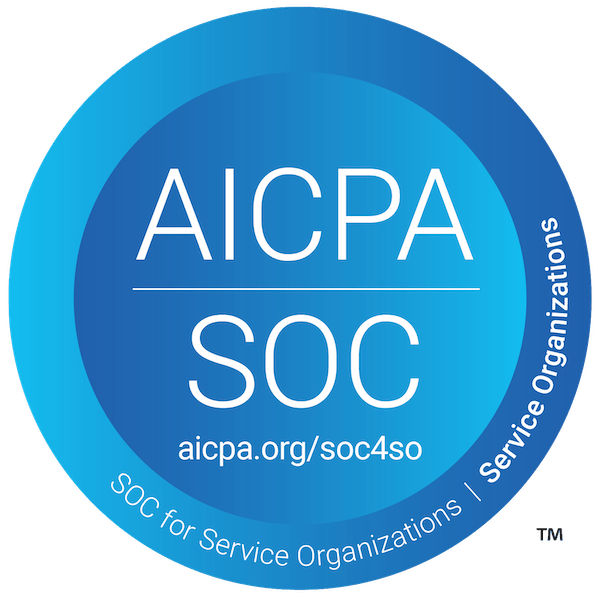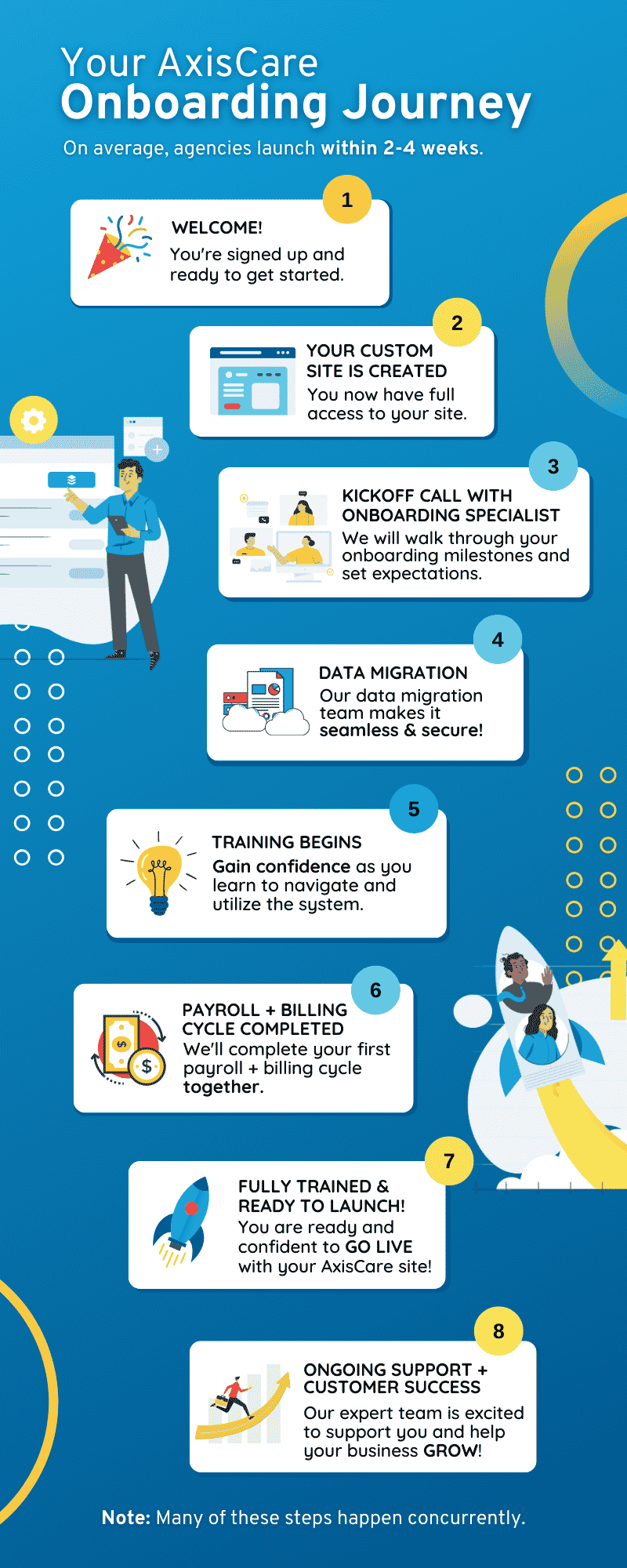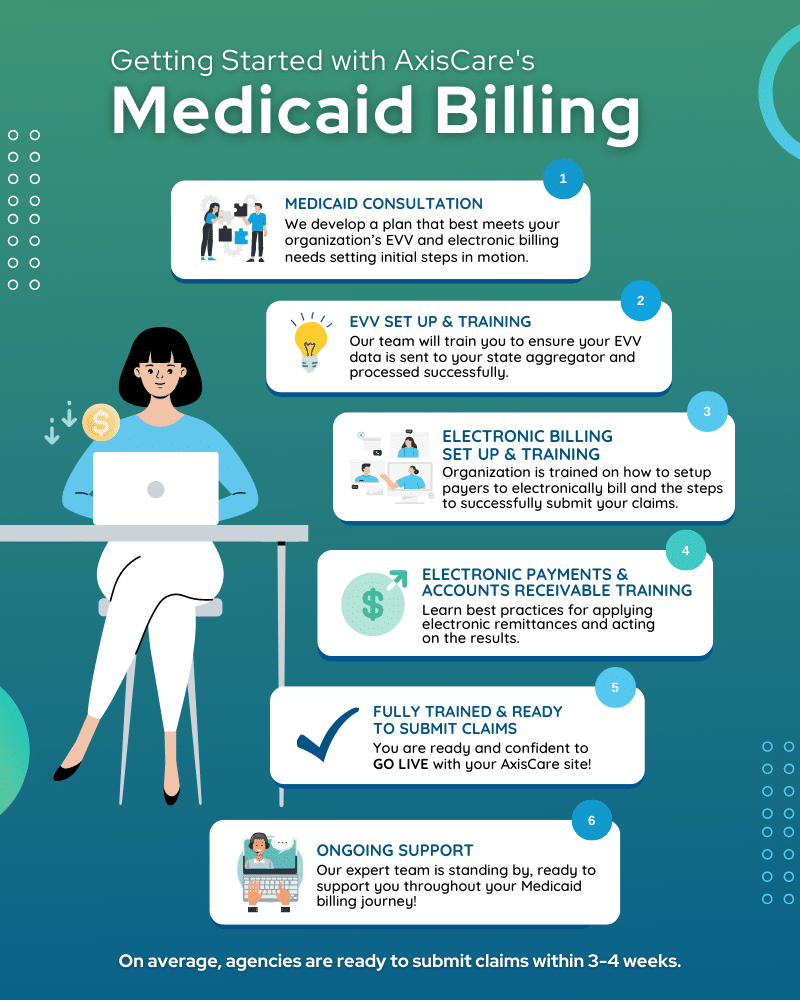Person-Centered Care (PCC)
Person-centered care is an approach to care that emphasizes the individual’s personal needs, wants, desires, and goals, and that places these factors at the center of all care decisions. It involves treating the person receiving care as an equal partner in the planning, developing, and monitoring of care to make sure it meets their needs.
Who Benefits from Person-Centered Care?
Everyone involved in the care process benefits from PCC:
- Individuals Receiving Care: They receive personalized care that respects their preferences and values.
- Caregivers: They build stronger relationships with their clients and find greater satisfaction in their work.
- Family Members: They have peace of mind knowing their loved one’s unique needs are being met.
The Principles of Person-Centered Care
Person-centered care is guided by several key principles:
- Respect and Value: Each person is seen as a unique individual with their own set of needs, experiences, and goals.
- Individuality: Each person’s uniqueness is recognized and valued.
- Perspective: The individual’s perspective is the focal point of all decisions and actions.
- Partnership and Collaboration: Individuals are encouraged to actively participate in their own care.
The Impact of Person-Centered Care
Implementing PCC can lead to numerous positive outcomes:
- Improved Quality of Life: By focusing on individuals’ unique needs and goals, PCC can enhance their quality of life.
- Enhanced Satisfaction: Individuals tend to be more satisfied with their care when they feel heard and respected.
- Better Health Outcomes: Research has shown that PCC can lead to better health outcomes, including improved self-management and fewer healthcare complications.







